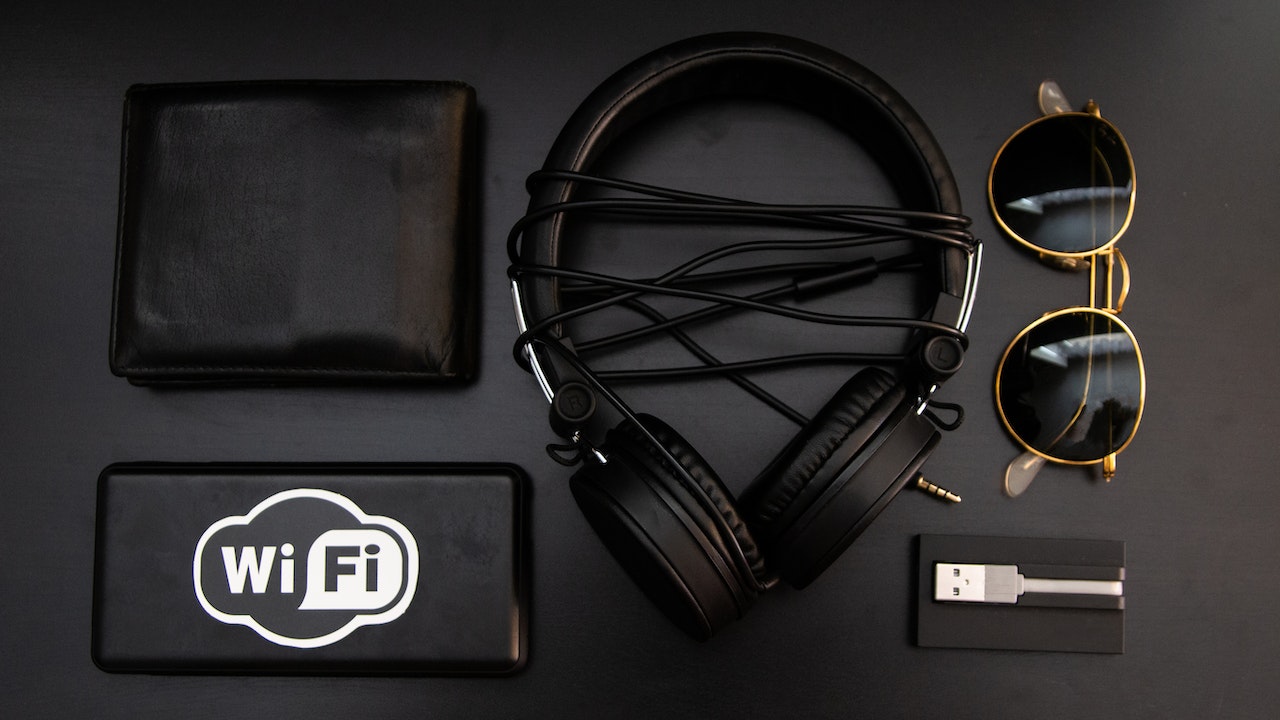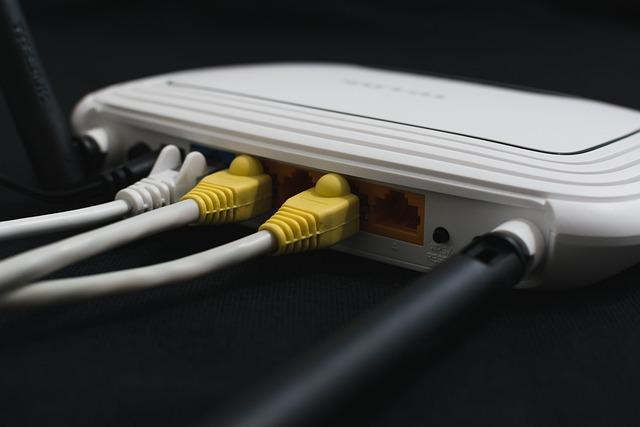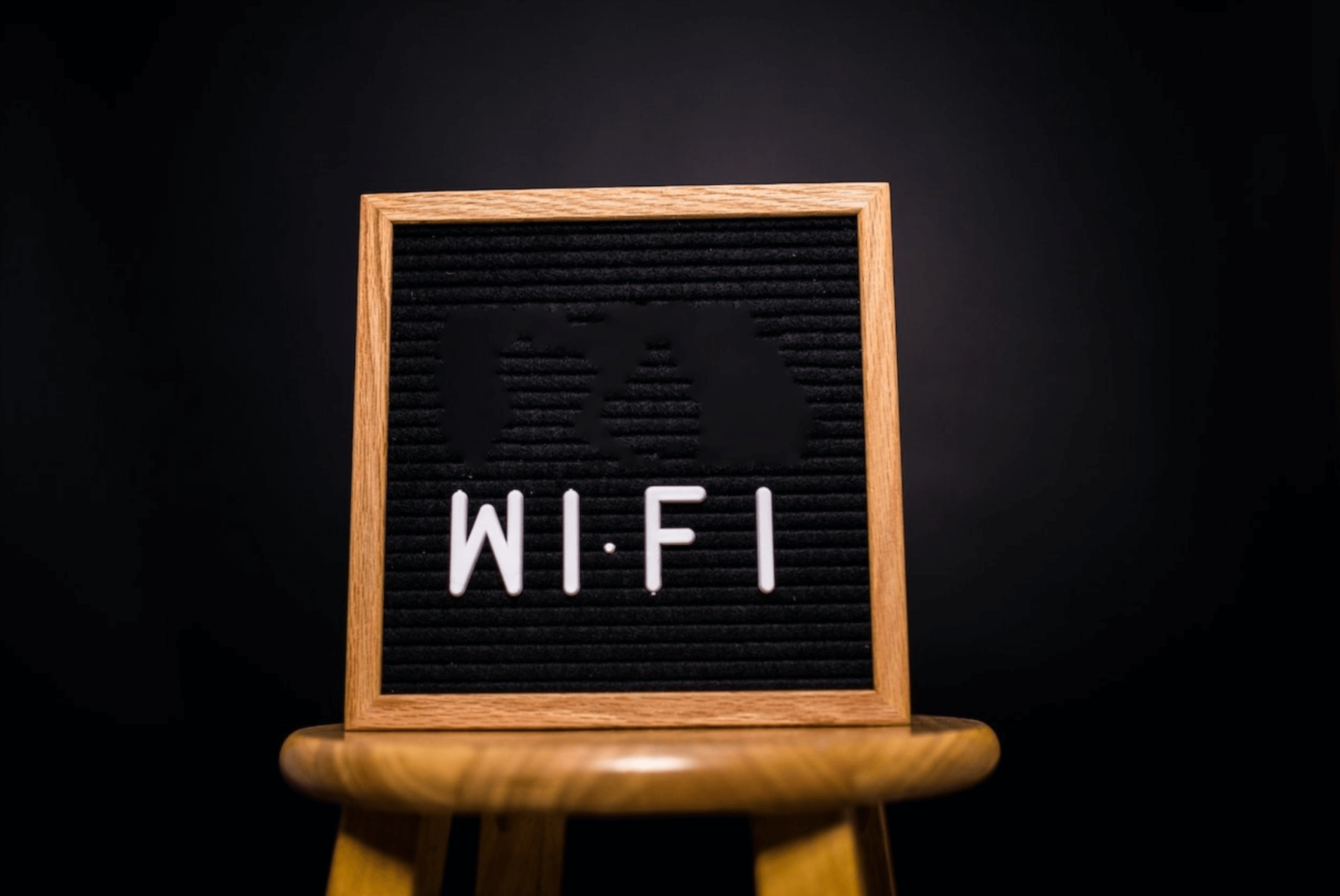Comments
- No comments found

Wi-Fi significantly impacts everything from your home network's security and personal data to how excellently streaming services function.
The fact that your router's lights aren't dead yet doesn't mean that your home's internet experience isn't degraded. People upgrade their Wi-Fi routers for various purposes. Discussed below are five reasons to upgrade your Wi-Fi router.

Wi-Fi dead zones are spots where you receive little to no Wi-Fi signal or don't function due to range or radio frequency concerns. They happen due to a thick wall series where the router signal doesn't reach. Newer routers are likely to offer you more range than an old Wi-Fi router can, sending signals to more parts of your house. This eliminates the need to keep dealing with Wi-Fi dead spots.
If your home is large or has brick/thick walls, upgrading your Wi-Fi router can help eliminate the dead zones associated with such walls. Using the Best Mesh Wi-Fi, you can get rid of all dead zones and ensure uninterrupted Wi-Fi all through your home. With mesh routers, you can ascertain that your network's devices have greater coverage, a more reliable connection, and greater coverage.
Network security must always be a priority because hackers can breach the router's defenses to access sensitive personal data. Luckily, most Wi-Fi routers provide security protocols containing encryption technology to ensure unauthorized users don't access your network. Your router upgrade should at least support WPA2 encryption as it ascertains your network security by encrypting every data set and requiring each new device to enter a WPA2 password before connecting.
WPA3 is the newest and most robust Wi-Fi security protocol and is meant to encrypt your information using the Perfect Forward Secrecy encryption method. Upgrading to a Wi-Fi router that promotes WPA3 encryption can help protect your devices from cyber threats.
One of the primary reasons to upgrade your Wi-Fi router is to ensure you're getting the most out of your internet connection. The latest routers align with the newest wireless standards, providing better performance and faster speeds than old routers. Newer routers have quicker information transfer rates and help ensure more simultaneous connections.
Unlike the old Wi-Fi standards, router upgrades offer better coverage. If many devices are connected to your property’s network or regularly play games online or stream high-definition videos, a Wi-Fi router upgrade can offer a substantial speed boost.
When it comes to handling your home network, router upgrades can deliver the utmost Wi-Fi experience. Improved features, like guest networks, QoS (Quality of Service) settings, and content controls, can help optimize your home network’s performance. Upgrading your Wi-Fi router can get you these features and more to ascertain that you're maximizing your home network.
Today’s lives are more connected than ever, which means more devices on your network than before. Adding smart home devices to the same old network means your router can get overwhelmed easily. A new router makes it easier to keep your devices simultaneously connected. You’ll also have a stronger signal to work with.

While your router seems to be functioning well, your internet experience might have gone down. Familiarize yourself with the reasons to upgrade your Wi-Fi router to determine if it's a good time to get a new router.
Leave your comments
Post comment as a guest